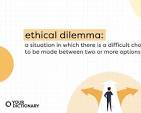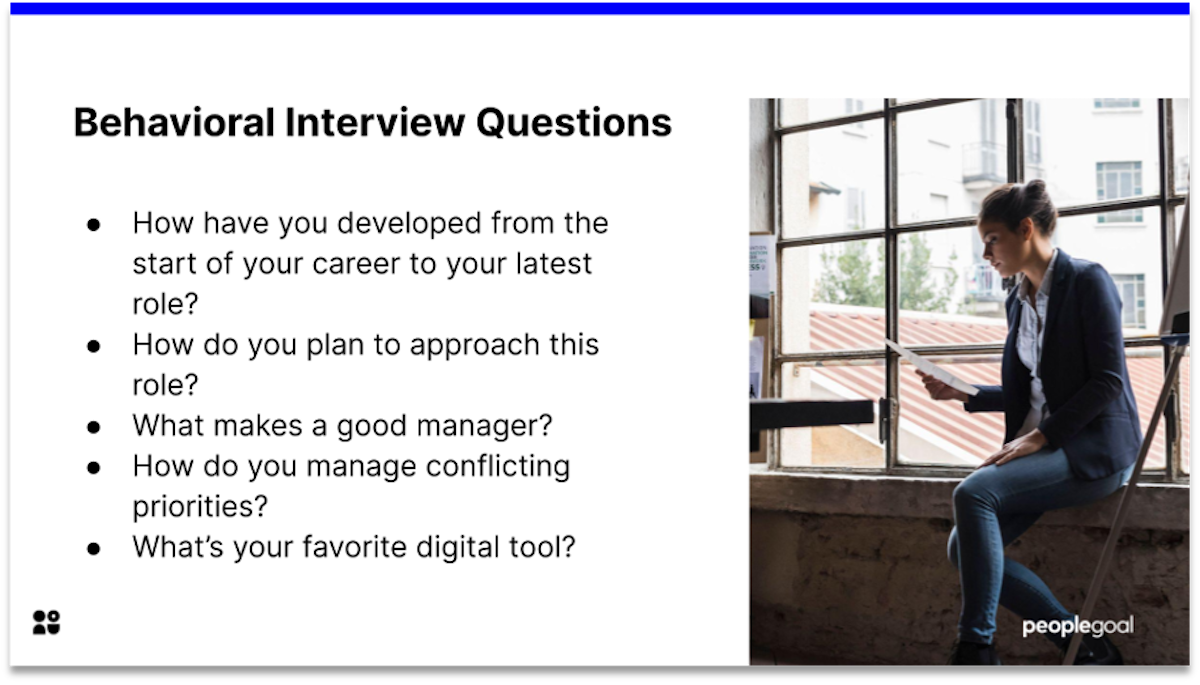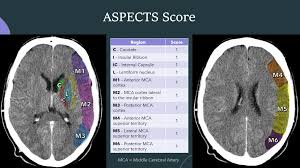The Complexity of Ethical Dilemmas
Ethical dilemmas are situations in which individuals face conflicting moral choices, making it challenging to determine the right course of action. These dilemmas often arise when values, principles, or beliefs clash, leaving individuals torn between what they believe is right and what they feel compelled to do.
One common ethical dilemma is the classic “trolley problem.” Imagine you are standing near a set of train tracks where a runaway trolley is heading towards five people tied to the rails. You have the option to pull a lever that will divert the trolley onto another track, saving the five individuals but leading to the death of one person on that track. What do you do? Do you sacrifice one life to save five?
This scenario illustrates the complexity of ethical decision-making. On one hand, saving more lives seems morally justified. On the other hand, actively choosing to sacrifice someone’s life raises questions about individual rights and moral responsibility.
Another common ethical dilemma is the conflict between honesty and loyalty. Consider a scenario where a friend confides in you about cheating on an exam. You value honesty but also want to maintain your friendship. Do you report your friend’s actions, risking their trust and friendship, or do you stay silent, compromising your own values?
Ethical dilemmas are not always black and white; they exist in shades of gray that require careful consideration and introspection. Factors such as cultural norms, personal beliefs, and societal expectations can further complicate these dilemmas, making decision-making even more challenging.
In navigating ethical dilemmas, it is essential to weigh the consequences of each possible action and consider how your choices align with your core values. Seeking advice from trusted individuals or ethical frameworks can provide guidance in making difficult decisions while maintaining integrity and moral clarity.
Ultimately, ethical dilemmas remind us of the complexity of human nature and morality. They challenge us to confront our beliefs, values, and principles in order to make decisions that reflect our best selves in challenging circumstances.
Understanding Ethical Dilemmas: Key Questions and Insights
- What is an ethical dilemma?
- How do you define ethical dilemmas?
- What are common examples of ethical dilemmas?
- How do people typically respond to ethical dilemmas?
- What factors contribute to the complexity of ethical dilemmas?
- Are there established frameworks for resolving ethical dilemmas?
- How can individuals navigate ethical dilemmas in the workplace?
- What role does empathy play in addressing ethical dilemmas?
What is an ethical dilemma?
An ethical dilemma refers to a situation in which individuals are confronted with conflicting moral choices that make it challenging to determine the most appropriate course of action. These dilemmas often arise when individuals must navigate between two or more competing values, principles, or beliefs, leading to a sense of moral uncertainty and complexity. Ethical dilemmas require individuals to carefully consider the consequences of their actions, weighing the potential benefits and harms associated with each decision while striving to uphold their ethical standards and values.
How do you define ethical dilemmas?
Ethical dilemmas are complex situations that present individuals with conflicting moral choices, where deciding the right course of action is challenging due to conflicting values, principles, or beliefs. These dilemmas often require individuals to navigate a delicate balance between what they perceive as morally right and what actions they feel compelled to take. In essence, ethical dilemmas force individuals to confront the intricacies of morality and ethics, highlighting the nuances and complexities inherent in decision-making processes when faced with conflicting moral imperatives.
What are common examples of ethical dilemmas?
Ethical dilemmas encompass a wide range of scenarios that test individuals’ moral compass and decision-making abilities. Common examples of ethical dilemmas include situations where one must choose between honesty and loyalty, such as deciding whether to report a friend’s wrongdoing. Other examples involve balancing individual rights with the greater good, like the classic “trolley problem” where one must decide to sacrifice one life to save many. Additionally, dilemmas related to conflicts of interest in professional settings or issues of social justice can present ethical challenges that require careful consideration and reflection on values and principles.
How do people typically respond to ethical dilemmas?
When faced with ethical dilemmas, people typically respond in varied ways based on their values, beliefs, and personal experiences. Some individuals may approach ethical dilemmas by carefully evaluating the consequences of each possible action and choosing the option that aligns most closely with their moral principles. Others might seek guidance from ethical frameworks, religious teachings, or trusted mentors to navigate complex moral decisions. In contrast, some individuals may prioritize self-interest or short-term gains when confronted with ethical dilemmas, potentially compromising their integrity in the process. Overall, responses to ethical dilemmas can be influenced by a combination of individual conscience, societal norms, and situational factors that shape how people grapple with challenging moral choices.
What factors contribute to the complexity of ethical dilemmas?
The complexity of ethical dilemmas stems from a myriad of factors that intertwine to create moral quandaries. Cultural norms, personal values, societal expectations, and individual beliefs all play significant roles in shaping the intricacy of ethical decisions. The clash between competing principles, the uncertainty of outcomes, and the emotional weight of choices further contribute to the complexity of ethical dilemmas. Additionally, considerations such as power dynamics, conflicting interests, and the potential consequences of actions add layers of difficulty to navigating moral challenges. Ultimately, the interplay of these multifaceted factors underscores the intricate nature of ethical dilemmas and highlights the importance of thoughtful reflection and ethical reasoning in resolving them.
Are there established frameworks for resolving ethical dilemmas?
Yes, there are established frameworks that can help individuals navigate and resolve ethical dilemmas. One common framework is the utilitarian approach, which focuses on maximizing overall happiness or well-being. Another framework is deontological ethics, which emphasizes following moral rules and duties regardless of the consequences. Additionally, virtue ethics considers the character and virtues of individuals in making ethical decisions. These frameworks provide guidelines and principles that individuals can use to analyze ethical dilemmas and make informed choices based on ethical principles.
How can individuals navigate ethical dilemmas in the workplace?
Navigating ethical dilemmas in the workplace requires a combination of self-awareness, critical thinking, and ethical reasoning. Individuals can start by familiarizing themselves with the company’s code of ethics and policies to understand the expected standards of behavior. When faced with a moral conflict, it is crucial to consider the potential consequences of each decision and how it aligns with personal values and professional integrity. Seeking advice from trusted colleagues, mentors, or ethics committees can provide different perspectives and guidance in making informed choices. Communication plays a vital role in resolving ethical dilemmas, as open dialogue can help clarify misunderstandings and address concerns effectively. By prioritizing transparency, integrity, and accountability, individuals can navigate workplace ethical dilemmas with confidence and uphold ethical standards in their professional endeavors.
What role does empathy play in addressing ethical dilemmas?
Empathy plays a crucial role in addressing ethical dilemmas by allowing individuals to understand and connect with the emotions and perspectives of others involved. When faced with complex moral choices, empathy enables individuals to consider the impact of their decisions on different stakeholders, fostering a deeper sense of compassion and understanding. By putting themselves in the shoes of those affected by their actions, individuals can make more informed and ethical choices that prioritize the well-being and dignity of all parties involved. Empathy serves as a guiding principle in navigating moral ambiguity, promoting fairness, respect, and sensitivity in resolving ethical dilemmas with integrity and humanity.



